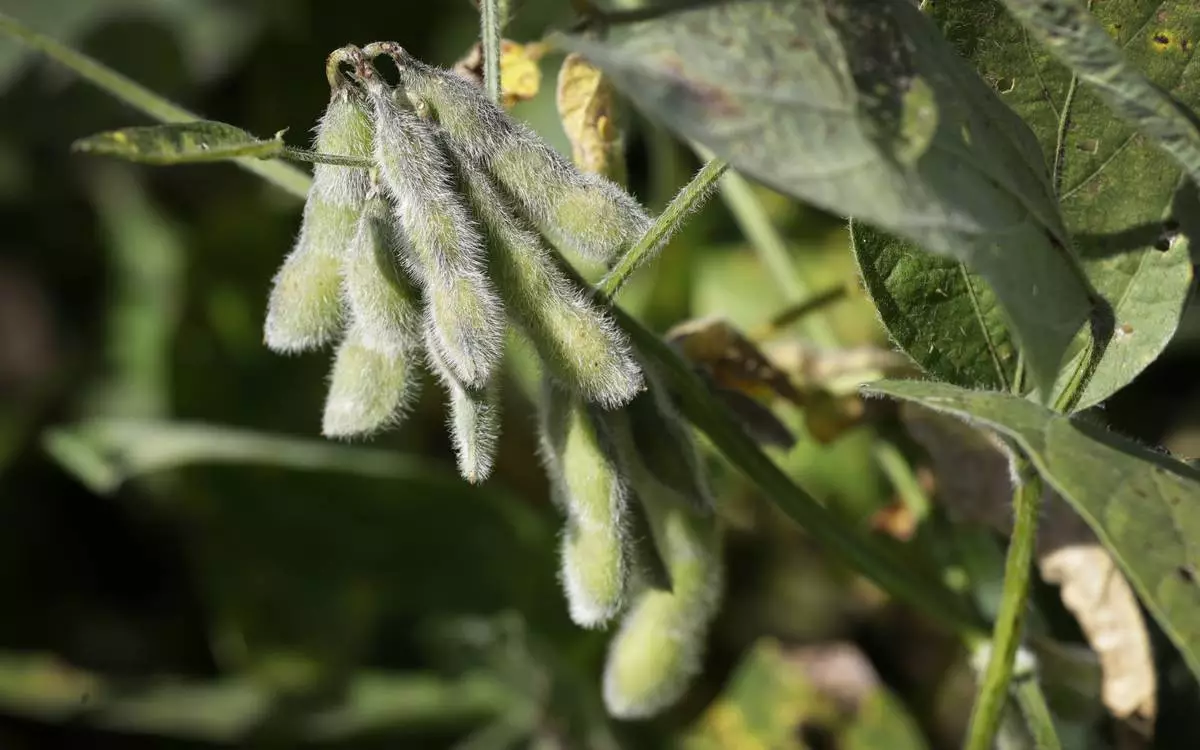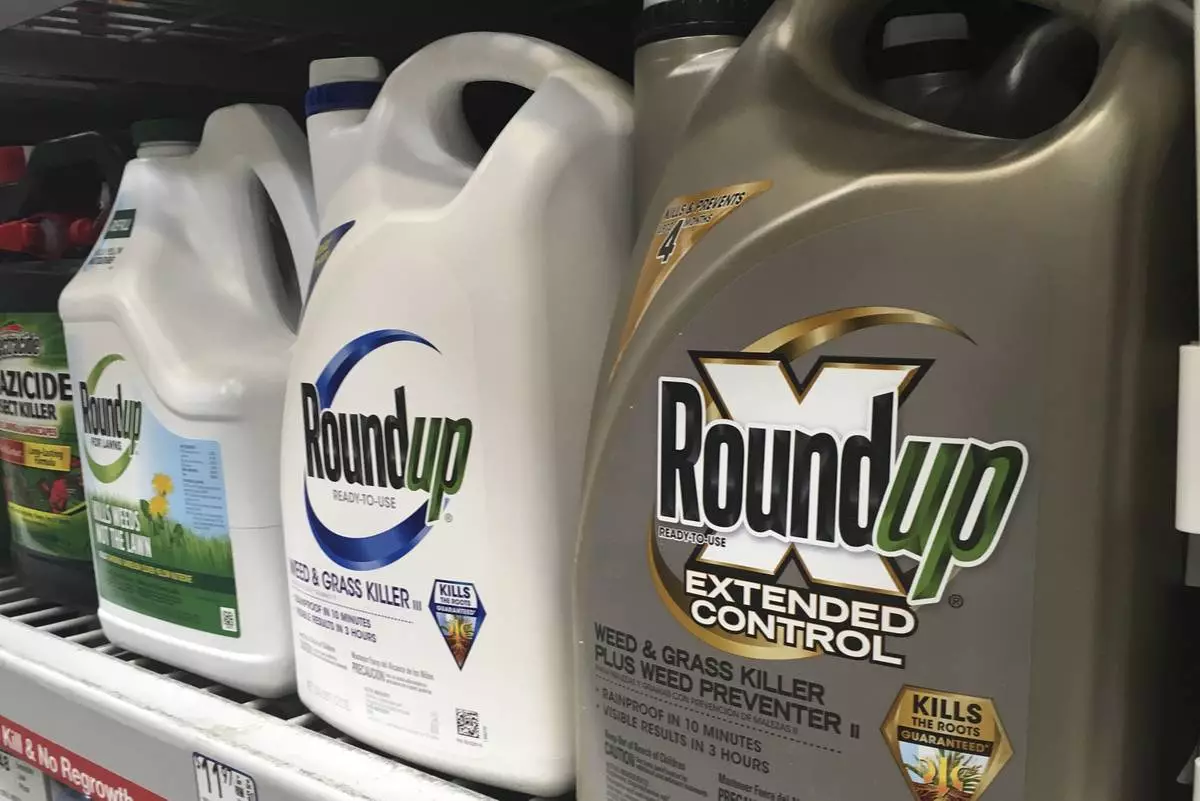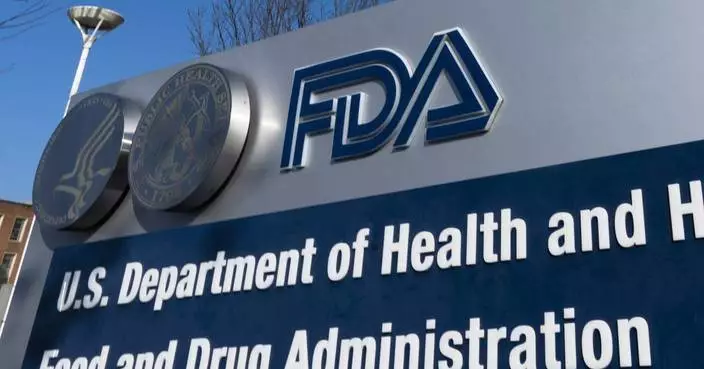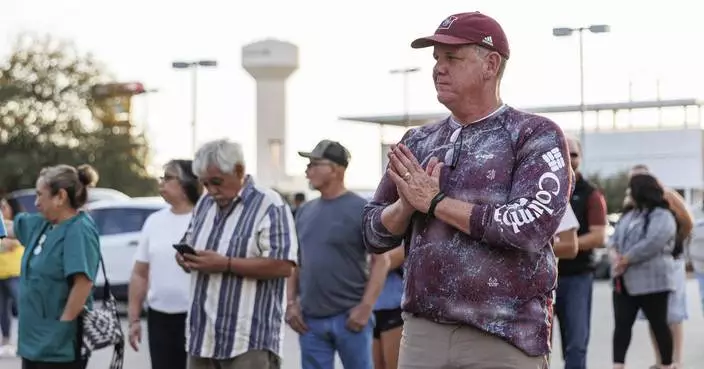Newly single and having had a mastectomy following a cancer diagnosis, Jo Turner turned her online dating adventures into a book
Determined to find love again, a remarkable single mum who has survived breast cancer and divorce, found online dating “with one boob” such a revelation, she has written a book on how NOT to do it.
When author Jo Turner, 31, of Epworth, North Lincolnshire, discovered a lump at the top of her left breast during a bath, after watching an episode of Channel 4’s Stand Up To Cancer, she “wasn’t even checking.”
On November 3, 2014 Jo, then 26, whose daughter Ella Mary is now six, was diagnosed with triple negative breast cancer – a very aggressive form with only a 15 per cent survival rate – which had dispersed through the breast tissue.
First, her 4cm tumour was blasted with chemotherapy, shrinking it to 0.5cm. Then she had surgery – starting with a lumpectomy and resulting in five operations in just 12 weeks – which eventually left her without her left breast.
She recalled: “When I found the lump, I wasn’t checking and I had never checked before. In fact, I didn’t even know how to check.
“I’d always thought of breast cancer as an older person’s disease, so I was just washing myself when I felt a lump that turned out to be a 4cm tumour which, according to the doctors, had grown to that size in just six months.
She continued: “On hearing that I had breast cancer, my only goal was to live, because I had a young child. The consultant had told me the more positive I was the better the outcome would be so, rather than thinking, ‘Why me,’ I thought, ‘Why wouldn’t it be me?”
At first, despite her positivity, she was concerned in case she never got to enjoy her first Christmas with her husband in the new house they had just bought.
“I knew I was lucky to have made it as far as the surgery because it was such an aggressive form of cancer that most people who have it don’t survive to the end of the chemotherapy, but it was hard going through all that surgery,” said Jo, who was told she was cancer free, after six weeks of post surgery radiotherapy on Christmas Eve 2015.”
But, instead of the celebration she was looking forward to, she soon realised her marriage was in trouble and, while she and her husband tried to work through their issues, they made a mutual decision to part.
And, in November 2016, she moved out of the home she had shared with Ella Mary’s dad and moved from Bottesford, North Lincolnshire, to Epworth, nearer her parents, to start her new life as a single mum.
Never one to be beaten, six months later she decided to look for romance and set up a profile on the dating site Tinder.
“I’d been with Ella’s dad since I was 18, so it was a shock to discover that now everyone dates online,” she said.
“Gone are the days of meeting someone at work or on a night out. If you want to date you have to get online so, aided and abetted by a friend who was also newly single, I set up my Tinder profile.
“But I hated the fact that the online platforms were so superficial. Everyone was judging each other based on looks alone.”
“So, as a single mum with one boob, I made a stand and swiped right for everyone, regardless of their looks,” Jo continued.
“I’m not judgemental and all I was really looking for was someone who looked kind.”
Fortunately, after a year of looking, she found her “special someone” in tree surgeon Lewis Teanby, 24, a friend of a friend who lived locally and she had seen around, but who was also on Tinder – where she spotted his profile and swiped right.
The couple have now been dating for 15 months and have talked about her cancer and her new attitude to life.
Deciding not to have reconstructive surgery, Jo explained that she did not want to risk having any more operations unless they were completely necessary.
“My book tackles the question of when is the right time to tell someone you’ve had a mastectomy, or whatever cancer treatment you’ve had,” said Jo.
Jo explained: “When you do tell someone those kind of things, you may be opening the door to rejection, which is scary, but I’m sharing lots of funny dating stories in the book, as well as my own thoughts and feelings. There’s even some poetry I wrote or found helpful, as I went through the cancer treatments.
“And I have to say my book is quite rude, even X-rated in parts!”
Jo, who is donating some of the proceeds from sales to the breast cancer charity CoppaFeel! – which encourages people of all ages to regularly check their breast tissue for signs of abnormalities or changes – admits her life, post cancer, has changed beyond recognition and says being a published author feels ‘surreal.”
Inspired to write the book after joining a three-day 63-kilometre fundraising trek in Iceland, in August 2017, for CoppaFeel! where she walked with celebrity team leaders Vicky Pattison and Chloe Madeley, she wanted to do more to contribute to the charity.
“The book takes people on the emotional journey you will go on if you have breast cancer, but will also be helpful to people who know someone who is on that journey,” said Jo.
“When I was younger, I thought my life would be going to school, going to college, getting married, and living happily ever after.”
Jo continued: “But I found out the hard way that’s not true. Now, I live my life in shorter periods of time and don’t think ahead more than three months.
“It’s been almost four years since getting the all-clear, but I’m still not in that mindset where I’d plan for things a year or 18 months ahead. ”
Surviving cancer has also made Jo determined not to waste any time and to make bold decisions, as she did with online dating.
She said: “Maybe I’d still be married if I hadn’t had the cancer, but after my treatment, Ella’s father told me, ‘You’ve changed,’ and he was right.
“It changes everything to come that close to having it all taken away and I knew I didn’t have time to waste.
“You only live once and when I look back at what I have done and achieved since my cancer diagnosis, it’s far more than I could have ever dreamed of.”
You can pre-order How Not To Date Online (With One Boob) which costs £9.99 by Jo Turner from the publisher here: www.jjmoffs.co.uk/product/how-not-to-date-online. Follow Jo on Twitter @Jo_Boat and find her on Instagram @how-not-to-date-online.
ENDS
DES MOINES, Iowa (AP) — Stung by paying billions of dollars for settlements and trials, chemical giant Bayer has been lobbying lawmakers in three states to pass bills providing it a legal shield from lawsuits that claim its popular weedkiller Roundup causes cancer.
Nearly identical bills introduced in Iowa, Missouri and Idaho this year — with wording supplied by Bayer — would protect pesticide companies from claims they failed to warn that their product causes cancer, if their labels otherwise complied with the U.S. Environmental Protection Agency’s regulations.
But legal experts warn the legislation could have broader consequences — extending to any product liability claim or, in Iowa’s case, providing immunity from lawsuits of any kind. Critics say it could spread nationwide.
"It’s just not good government to give a company immunity for things that they’re not telling their consumers,” said Matt Clement, a Jefferson City, Missouri, attorney who represents people suing Bayer. “If they’re successful in getting this passed in Missouri, I think they’ll be trying to do this all over the country.”
Bayer described the legislation as one strategy to address the “headwinds” it faces. About 167,000 legal claims against Bayer assert Roundup causes a cancer called non-Hodgkin’s lymphoma, which Bayer disputes. The company has won some cases, settled many others but also has suffered several losses in which juries awarded huge initial judgments. It has paid about $10 billion while thousands of claims linger in court.
Though some studies associate Roundup's key ingredient with cancer, the EPA has regularly concluded it is not likely to be carcinogenic to humans when used as directed.
The costs of “defending a safe, approved product” are unsustainable, said Jess Christiansen, head of communications for Bayer's crop science division.
The legislation was introduced in targeted states pivotal to Bayer's Roundup operations and is at a different stage in each. It passed the Iowa Senate, is awaiting debate in the Missouri House and was defeated in Idaho, where this year's legislative session ended.
Farmers overwhelmingly rely on Roundup, which was introduced 50 years ago as a more efficient way to control weeds and reduce tilling and soil erosion. For crops like corn, soybeans and cotton, it’s designed to work with genetically modified seeds that resist Roundup’s deadly effect.
Missouri state Rep. Dane Diehl, a farmer who worked with Bayer to sponsor the legislation, cited concerns that costly lawsuits could force Bayer to pull Roundup from the U.S. market, leaving farmers to depend on alternative chemicals from China.
“This product, ultimately, is a tool that we need," said Diehl, a Republican.
Iowa Gov. Kim Reynolds, a Republican, said in an email the legislation maintains the integrity of the regulatory process and, without it, “Iowa risks losing hundreds of jobs” in Muscatine, an eastern Iowa city where Roundup is mostly produced.
The Associated Press is seeking public records on Bayer’s communications with governor's offices in Iowa, Missouri and Idaho.
Bayer, like other companies, hires lobbyists in states to advocate for its interests. The company backs this legislation in the states where “we have a big, direct economic impact,” Christiansen said.
Roundup’s key ingredient, glyphosate, is derived from phosphate mined in Idaho. And St. Louis is the headquarters of its North America crop science division, acquired in its 2018 purchase of Monsanto. Because of that, many of the lawsuits are filed in Missouri.
The five lobbyists registered for Bayer in Iowa and three in Idaho is largely consistent with recent years, but the number working in Missouri this year ballooned from four to nine. Lobbyist expenditures exceeded $8,000 in Idaho this year; similar information was not available in Iowa or Missouri.
Led by Bayer, a coalition of agricultural organizations called Modern Ag Alliance also is spending tens of thousands of dollars on radio and print advertisements claiming that trial lawyers and litigation threaten the availability of glyphosate.
On its website, the group asserts that at risk are 500 jobs connected to glyphosate production in Iowa, and 800 jobs in Idaho.
Bayer stopped short of threatening closures. The Iowa facilities, including in Muscatine, “are very critical facilities to our business, so we'll remain at some sort of support level,” Christiansen said.
At issue in the lawsuits and legislation is how Bayer – and any other pesticide company — communicates with consumers about the safety of its products.
Companies are required to register products with the EPA, which evaluates — and then reevaluates every 15 years — a pesticide and its label. The EPA reiterated in 2020 that glyphosate used as directed posed no health risks to humans. But a federal appeals court panel in 2022 ruled that decision “was not supported by substantial evidence” and ordered the EPA to review further.
The debate over glyphosate escalated when a 2015 report by the International Agency for Research on Cancer, part of the World Health Organization, said it's “probably carcinogenic to humans" based on “limited” evidence of cancer in people and “sufficient” evidence in study animals.
Based on that international report, California sought to add a cancer warning label to products containing glyphosate. But a federal appeals court ruled against California last November, concluding such a warning wasn't factual.
Christiansen emphasized that many regulatory agencies worldwide agree with the EPA and insisted Bayer has to stick to EPA labeling to ensure it isn't providing false or misleading information. She added that the company is transparent in the information it does provide.
Critics of the legislation aren't convinced, citing examples such as opioids and asbestos that had been deemed safe for use as directed — until they weren't.
There also are concerns that the legislation could stifle any product liability claim since most rely on the argument that a company failed to warn, said Andrew Mertens, executive director of the Iowa Association for Justice, an organization for trial lawyers.
Jonathan Cardi, a product liability and torts expert at Wake Forest University School of Law, also said a strict reading of the Iowa legislation extends beyond liability claims, and “the way it’s drafted makes it interpretable to mean nobody could bring any suit.”
In lobbying lawmakers and in speaking with the AP, Bayer representatives disputed that the legislation would cut off other legal actions. Several legal experts said the legislation is unlikely to affect the 18,000 lawsuits already pending in Missouri’s capital of Jefferson City, and wouldn’t prevent claims in states that don’t adopt similar legislation.
In Idaho, the Republican-led Senate narrowly defeated the bill amid concerns about relying on federal agencies' safety standards and limiting the ability of harmed individuals to sue.
John Gilbert, who farms in Iowa Falls, Iowa, with limited use of Roundup, called Republicans hypocritical for attempting to protect corporate interests after campaigning on standing up for Iowans.
The bill “invites a lot of reckless disregard," said Gilbert, who is on the board for the Iowa Farmers Union. “No amount of perfume’s gonna make it anything but a skunk."
Lieb reported from Jefferson City, Missouri.

FILE - Soybeans are seen in a field on a farm, Friday, Sept. 2, 2016, in Iowa. The maker of a popular weedkiller is turning to lawmakers in key states to try to squelch legal claims that it failed to warn about cancer risks. (AP Photo/Charlie Neibergall, File)

FILE - The Bayer AG corporate logo is displayed on a building of the German drug and chemicals company in Berlin, Monday, May 23, 2016. Bayer, the maker of a popular weedkiller, is turning to lawmakers in key states to try to squelch legal claims that it failed to warn about cancer risks. Bayer disputes such claims but already has paid about $10 billion to resolve them. (AP Photo/Markus Schreiber, File)

FILE - Phosphate ore is dug up and transported from Monsanto Company's South Rasmussen Mine site near Soda Springs, Idaho, July 16, 2009. Bayer acquired Monsanto in 2018. Bayer, the maker of a popular weedkiller, is turning to lawmakers in key states to try to squelch legal claims that it failed to warn about cancer risks. The company disputes such claims. A key ingredient of the weedkiller, glyphosate, is derived from phosphate mined in Idaho. (Bill Schaefer/The Idaho State Journal via AP, File)

FILE - Containers of Roundup are displayed on a store shelf in San Francisco, Feb. 24, 2019. Thousands of legal claims against drug and chemicals company Bayer assert Roundup causes a cancer called non-Hodgkin’s lymphoma, which Bayer disputes. (AP Photo/Haven Daley, File)

FILE - A soybean field is sprayed in Iowa, July 11, 2013. The maker of a popular weedkiller is turning to lawmakers in key states to try to squelch legal claims that it failed to warn about cancer risks. (AP Photo/Charlie Neibergall, File)













